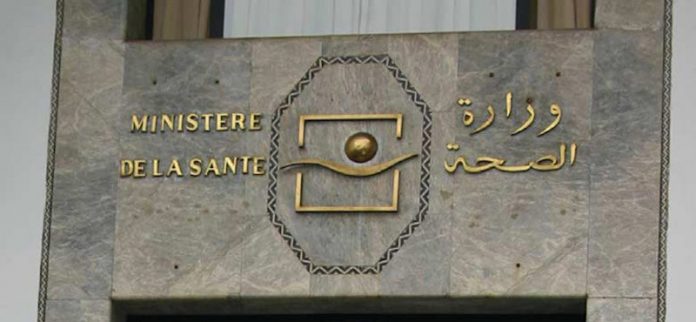The Ministry of Health announced, Monday, the implementation of new measures to address “the problems of discordant results of diagnostic tests of Covid-19 caused for different reasons,” stating that they will come into force “within the next three days”.
These include, first of all, “the rigorous verification of reagents for in vitro diagnostic use by submitting them to evaluations by designated laboratories”, says the ministry in a statement.
The new system also covers “the control of laboratory activities through unannounced visits and external evaluation of the quality of analysis”, as well as “the approval of laboratories among those authorized to perform diagnostic tests for people traveling abroad at the level of each province”.
The measures also provide for the “exclusive use” of the platform E-Labs of the Ministry by these laboratories for the centralization and communication of test results, in addition to the “download of test results of the Covid-19 by people traveling abroad via the option Pass-sanitaire which will be available on the portal liqahcorona.ma”.
The Ministry of Health assures “continue to deploy all necessary means to ensure the reliability and quality of the results of the network of laboratories Covid-19 for citizens in coordination with the competent authorities”.
The statement also recalls that since the beginning of the pandemic, this department has put in place a set of measures and devices to “ensure the quality of care of patients since the confirmation of the disease until treatment and recovery”.
Therefore, permission was given to a set of medical biology laboratories of the public and private sector of the Kingdom, able to meet the demand of citizens in terms of tests, in accordance with the requirements of the specifications in force, the same source stresses.
The laboratories “are regularly subjected to audits and controls by specialized committees, in order to ensure the reliability and timeliness of test results provided,” knowing that “laboratories deemed non-compliant have been sanctioned,” the source adds.
Also, the Ministry specifies “to authorize the reagents after the validation of the national commission of the reagents of diagnosis in vitro and a clinical evaluation of the performance and the quality of the tests”.





